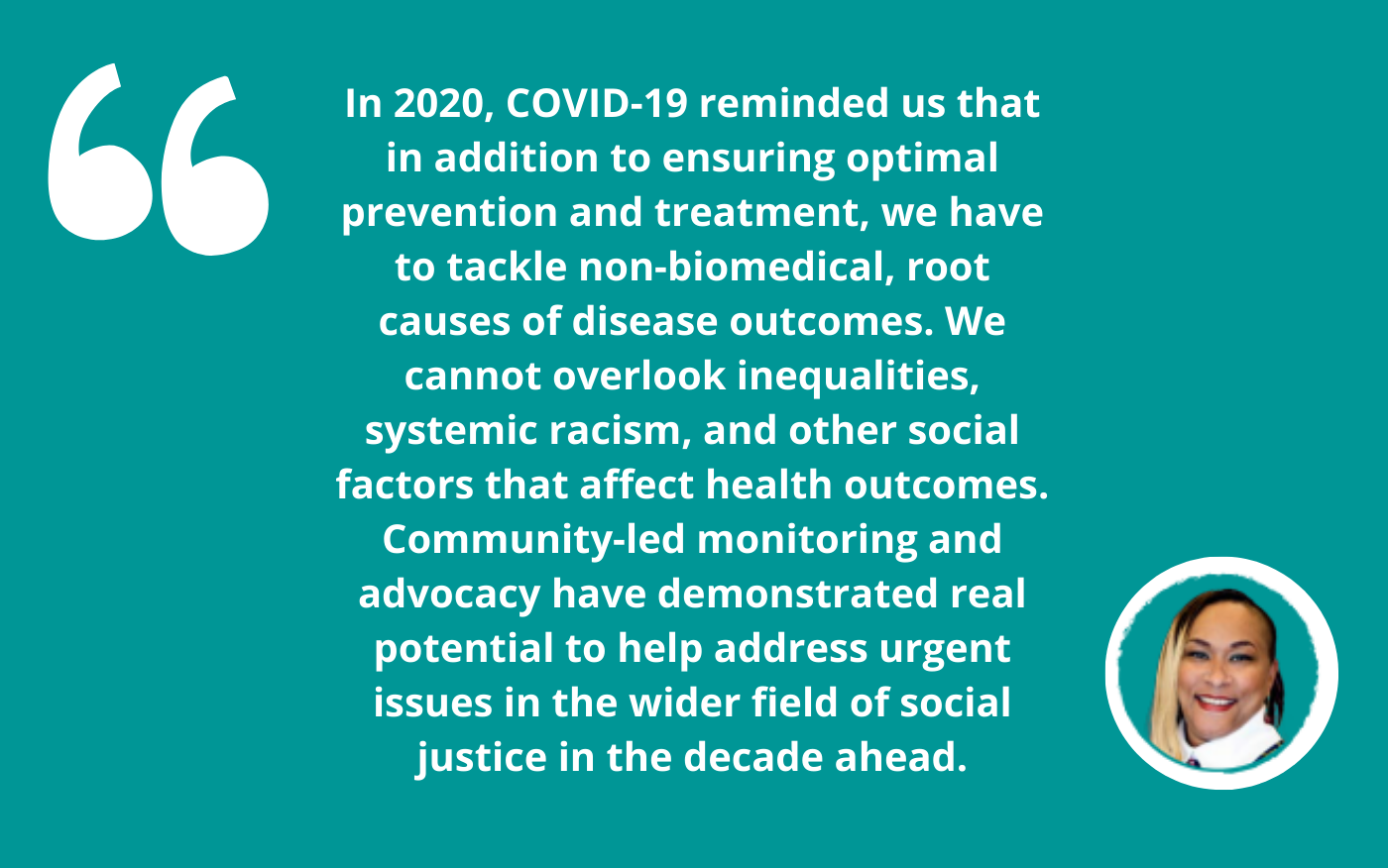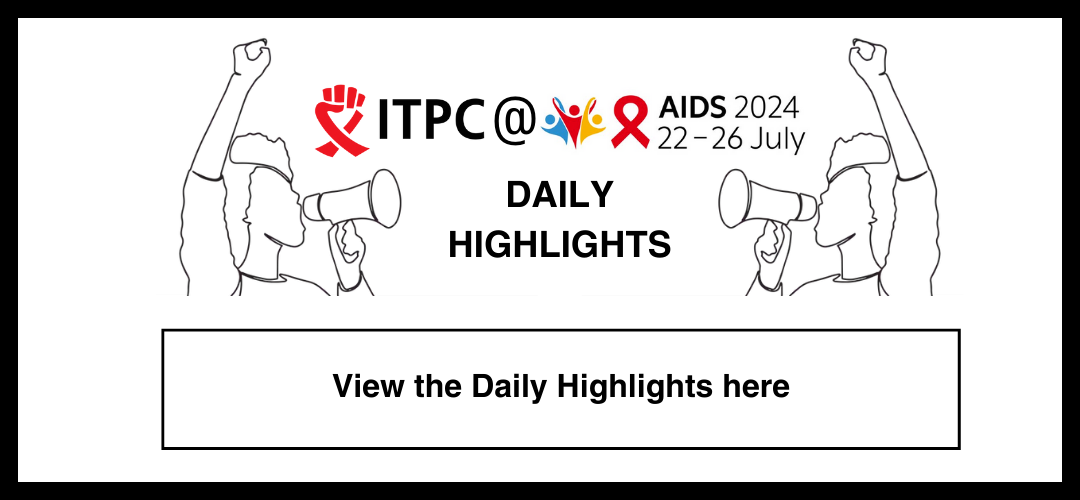Community-led interventions are critical for safeguarding the health care gains of the past decades. Community-led monitoring, in particular, plays a critical role in creating a structured, supported, meaningful, and accountable process so that people who receive and benefit from care can have a seat and a voice in the planning, implementation, monitoring, and evaluation of services that their lives and health depend on.
The International Treatment Preparedness Coalition (ITPC) has pioneered a community-led monitoring model that is not exclusive to a single disease, but instead can be broadly applied and implemented in other disease areas. I look forward to seeing our model applied to tuberculosis. We are excited to work with the Stop TB Partnership, to support the OneImpact initiative, and to stand in solidarity with the TB community.
TB remains the most common opportunistic infection in people living with HIV worldwide, and almost 60% of people estimated to be living with global HIV-related TB are undiagnosed and untreated.
This is why TB remains the leading cause of death among people living with HIV; TB is responsible for one third of all AIDS-related deaths. We believe that our partnership represents a concrete step toward the integration of HIV and TB services and interventions, and we look forward to witnessing communities of TB survivors adopt this model and bring meaningful transformation to their lived experiences, especially at this time.
In 2020, COVID-19 reminded us that in addition to ensuring optimal prevention and treatment, we have to tackle non-biomedical, root causes of disease outcomes. We cannot overlook inequalities, systemic racism, and other social factors that affect health outcomes. Community-led monitoring and advocacy have demonstrated real potential to help address urgent issues in the wider field of social justice in the decade ahead. Therefore, it is our hope that this partnership leads to broader and innovative applications as communities take on the role of citizen scientists, fully empowered to gather the evidence that they need to inform targeted action at the local, national, regional, and global levels.
Read the full report, Empowering Communities to End TB, here.

